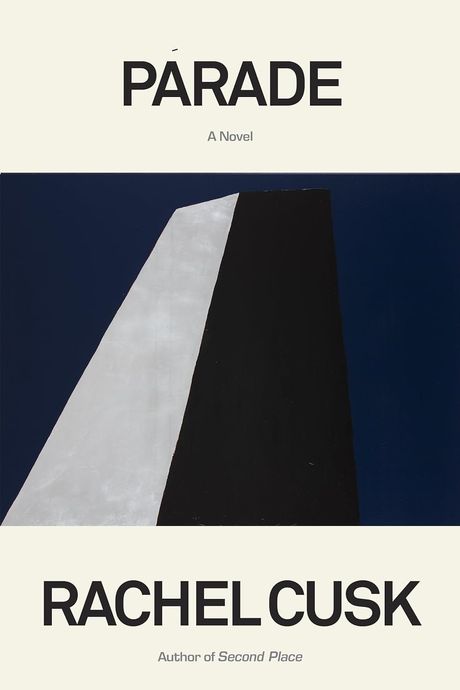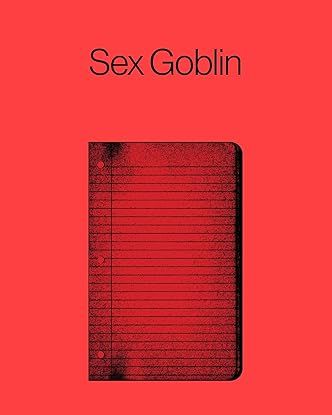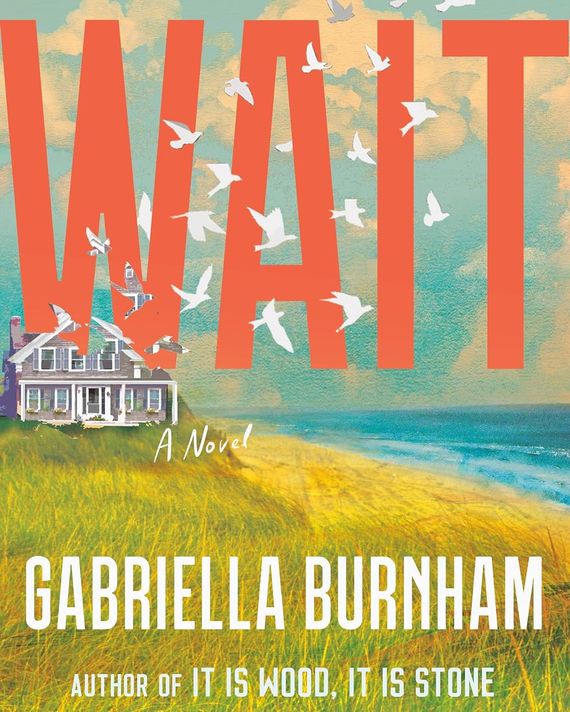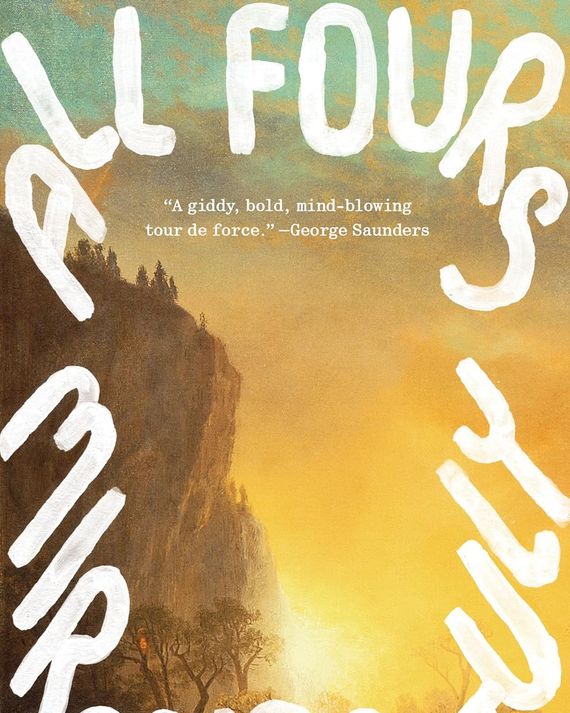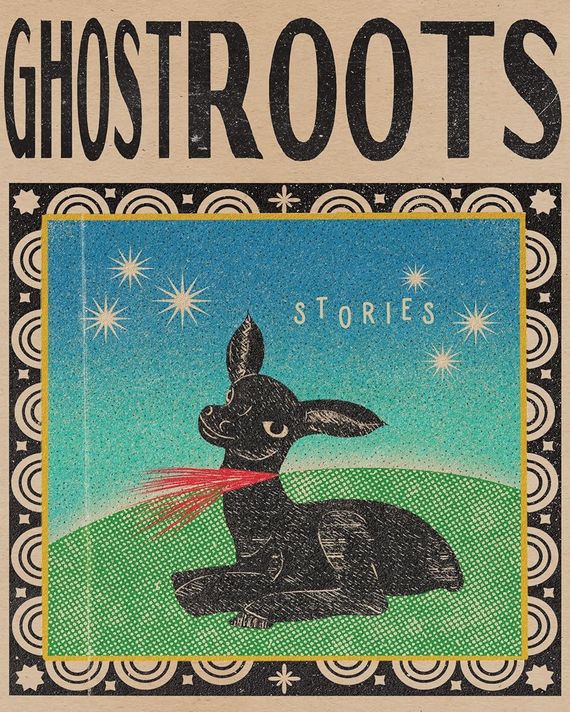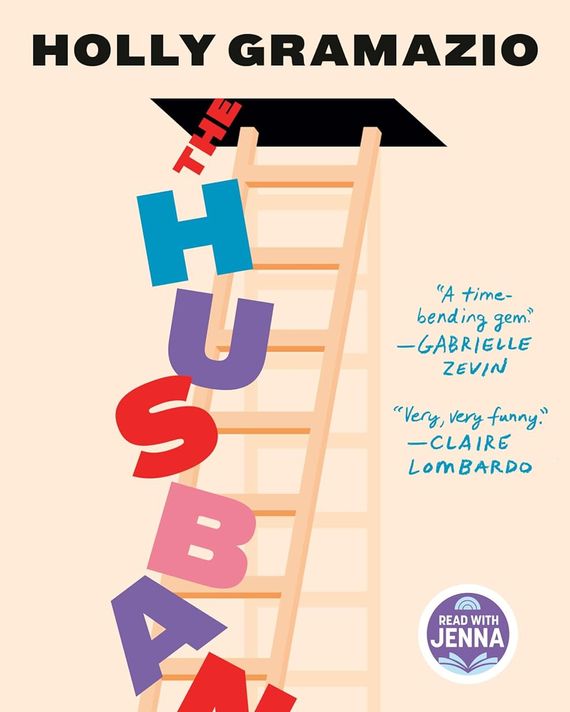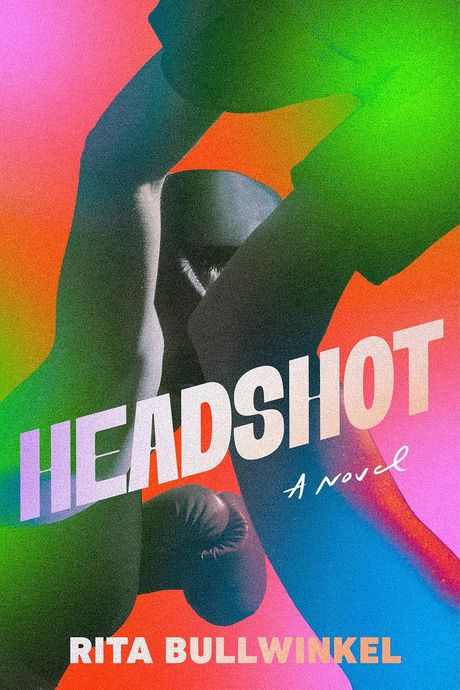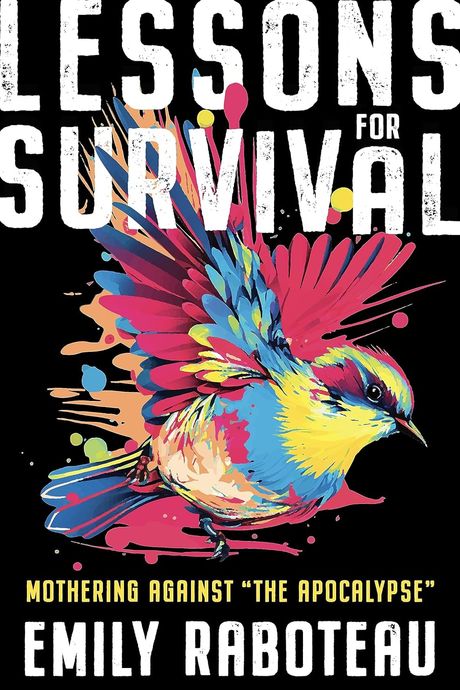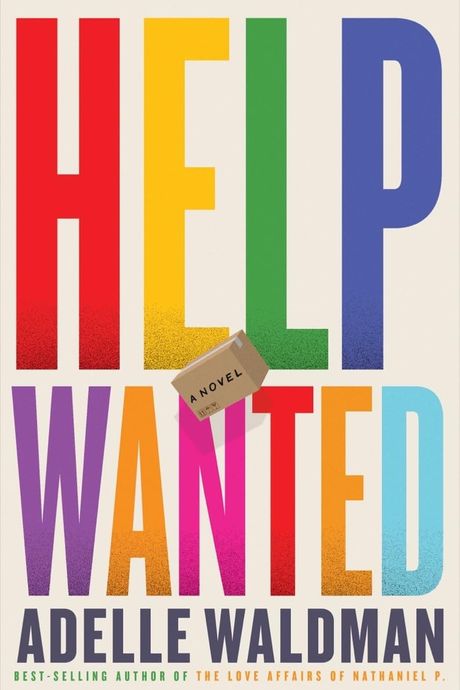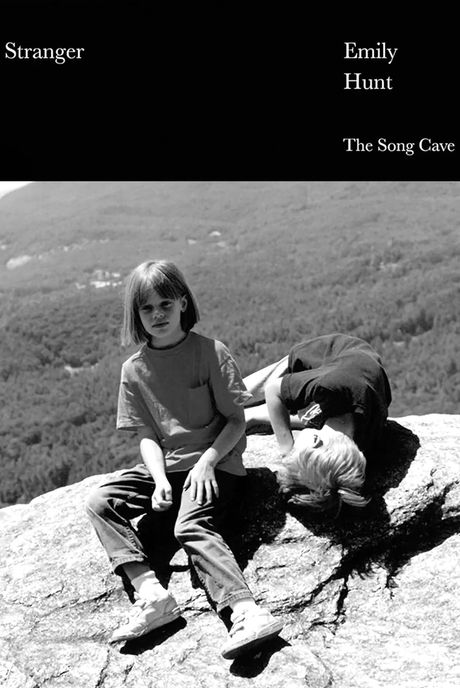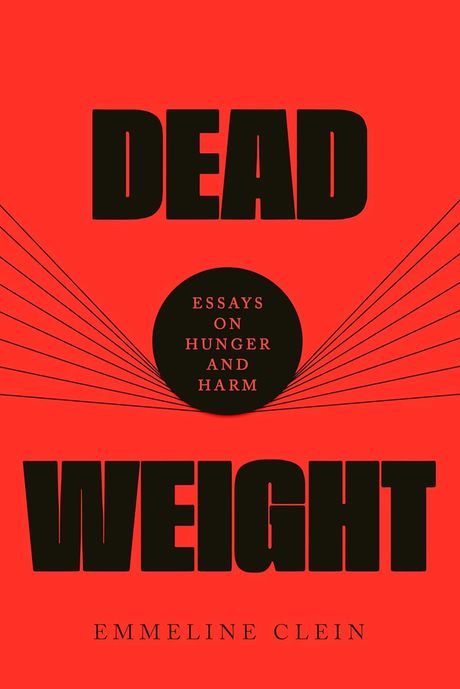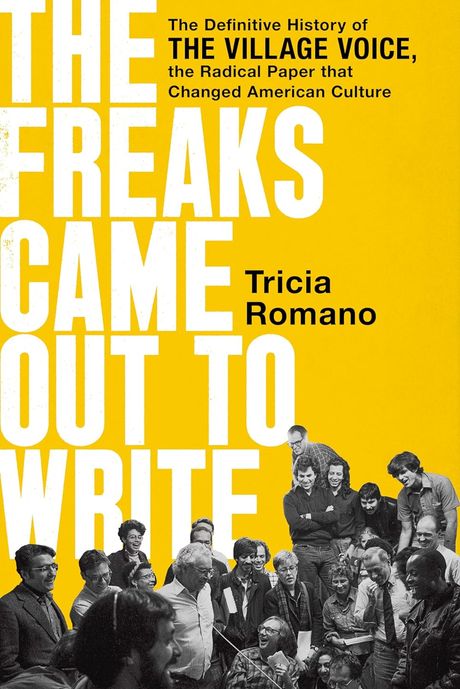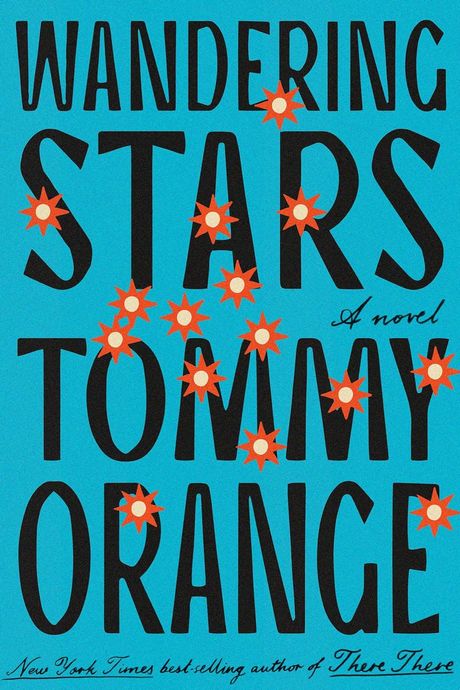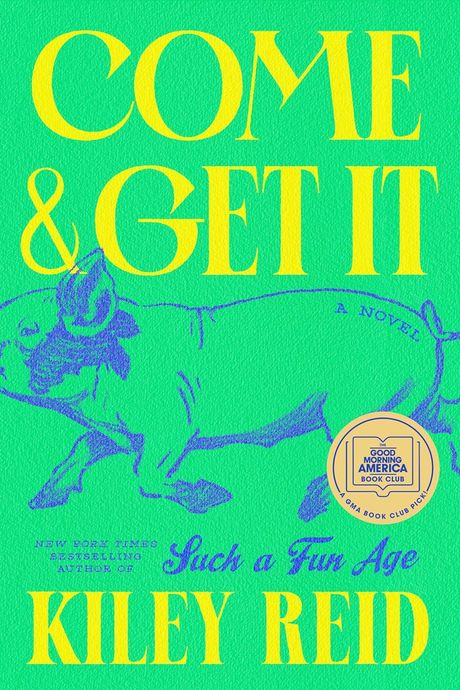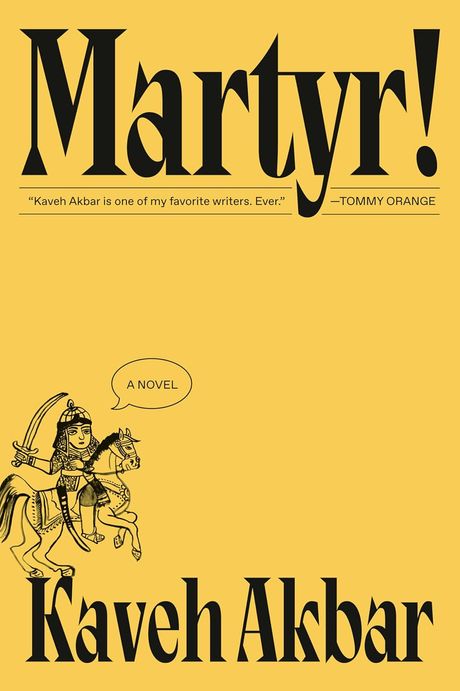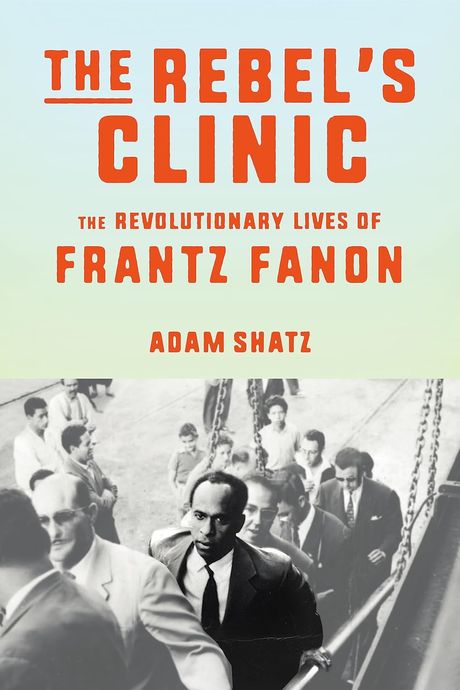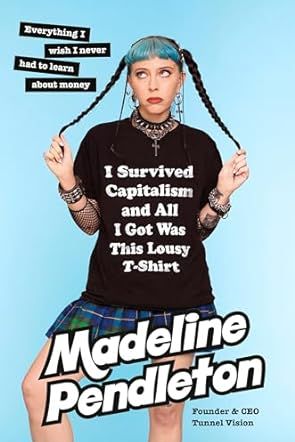
This list is updated monthly with new “best of the year” worthy titles.
We’re only halfway through 2024, but we’re already having trouble keeping up with the pace of exciting new releases. It’s been a particularly strong year for sophomore novels, with several emerging writers using the buzz around their debuts to launch worthy follow-ups. We’ve read multiple collections of poetry that speak to our current moment, while the varied world of nonfiction has given us plenty to linger on, from essays about the climate crisis to a vibrant oral history of The Village Voice. And we’d be remiss not to mention a brilliant debut novel that deftly brings humanity and humor to existential dread. Here’s the best of what Vulture’s contributors have read.
Titles are listed by U.S. release date, with the newest books up top.
Parade, by Rachel Cusk
In an interview with The New Yorker, Rachel Cusk said she believes character no longer exists. That a person — an author or their fictional creation — should be constrained by their name, their past, and their habits is an old conception that’s wearing away, and good riddance. This view governed her Outline trilogy, which shows its narrator in relief, standing apart from the people she talks with, both peers and strangers. In her latest novel, Parade, Cusk takes her belief in the death of character even further as a cast of voices, many of them named G, wax philosophical about their spouses, avant-garde painting, and a random act of violence. Formally frenetic and sharp line by line, Parade doesn’t mimic decades-old experimental modes. (Renata Adler’s Speedboat comes to mind at times, though.) Instead, Cusk has written something genuinely new — again. And whether Parade is a character-driven story in spite of itself is an open question as exciting as its mutable storyline. —Maddie Crum
➽ Read Andrea Long Chu’s review of Parade.
Sex Goblin, Lauren Cook
When Lauren Cook publishes a new book, it is like a minor holiday to me. Cook is a trans naturalist and writer who came up on the Tumblr-era internet; his previous book, I Love Shopping (2019), is sold out and impossible to find — if you have my copy, please give it back. His latest, Sex Goblin, is a collection of poetry and short prose that read like posts on a porn sub-Reddit until you realize your guts are on the floor. In a sparse, direct, half-naïve first-person idiom, there’s an emotional acuity that sneaks up on you, making the mundane (waiting in a drive-through at Starbucks) and the surreal (a witch who turns an offending man into underwear) feel unpredictable and immediate, like the rumbling before an earthquake, when the ground might crack open. —Erin Schwartz
Wait, by Gabriella Burnham
After the success of her debut novel, It Is Wood, It Is Stone, Gabriella Burnham returns with an emotionally grounded political novel. When out dancing with friends, Elise learns from her younger sister that their mother has disappeared. Elise returns home to Nantucket Island, where she soon discovers that her mother was arrested and deported to São Paulo, after more than two decades away from Brazil. As Elise struggles to bring her mother back, she falls in with her wealthy best friend, who has recently inherited her grandfather’s mansion. No matter how close the two friends may have been, there remains an unbridgeable class divide. Burnham is a skilled observer of the hypocrisies coursing beneath our desire to do good and be good. This is especially clear when she writes about wealth. Wait is an empathetic and clear-eyed exploration of the everyday injustices that slowly erode friendships, families, and lives in America. —Isle McElroy
All Fours, by Miranda July
An artist of niche celebrity plans to celebrate her 45th birthday by driving alone across the country, from L.A., where she lives with her husband and child, to New York. But when it comes time to hit the road, she finds herself stopping in a nearby suburb, meeting a younger man who works for Hertz, and spending the entirety of her vacation in a motel, which she renovates to Paris-inspired perfection for the cool sum of $20,000. It’s not just that Miranda July’s latest novel is so propulsive you might have to cancel plans or set aside PTO just to scarf it down. It’s that her dazzlingly horny intelligence wrestles with marriage, queerness, and desire in ways sweet and hilarious, making even the smallest sizzle. —Jasmine Vojdani
➽Read Christine Smallwood’s review of All Fours.
Ghostroots, ’Pemi Aguda
The 12 stories in ’Pemi Aguda’s mesmerizing and unsettling debut collection, Ghostroots, revolve around life in Lagos, the author’s home city. Aguda is a precise and exciting prose stylist, and her stories offer vivid insights into tradition, family, and trauma. Throughout the collection, the past invades the present, in the form of unwanted lineages and regretted decisions. A woman who cannot produce milk for her newborn blames herself for this ailment. The child was conceived the evening she forgave her husband for having an affair — she believes she’s being punished for being so forgiving. In “Manifest,” a young woman who resembles her grandmother — an evil woman, she is told — begins to adopt her grandmother’s most terrible traits, leading to an act of violence she cannot take back. The horror in Aguda’s stories are borne out of a sense of inevitability. Her characters, unable to change the past, are forced to confront futures they find terrifying and dangerous. This is a smart, playful, and compassionate collection worthy of repeated reads. —I.M.
The Husbands, by Holly Gramazio
Holly Gramazio’s debut novel has a killer hook: What if you had a magic attic supplying you with an endless cycle of husbands? It’s the best kind of high-concept question, one that opens up plenty of space for a writer to play in. And Gramazio (whose background is in game design), has lots of fun exploring every corner of her husband-filled world. The protagonist, Lauren — single and loving it, until she comes home to find a husband she doesn’t remember, who keeps turning into a different spouse whenever he goes into the attic — has the unique opportunity to examine the little ways we all soften at the edges to fit the people in our lives. Lauren, it turns out, learns a lot more about herself and what she values (or doesn’t!) than she does about any individual husband. —Emily Heller
Headshot, by Rita Bullwinkel
In a shabby gym in Reno, Nevada, teenage girls face off in a youth boxing tournament under a shifting ray of daylight that “fills the whole space with a dull, dusty brightness” and surrounded by a sparse crowd of mostly uninterested coaches and parents. The novel enters deep into the girls’ minds as they assess one another’s weaknesses and coax themselves through the rounds, which are described in brutal, bloody detail. Each fighter has her own source of competitive energy, but they’re all realistically ambivalent, too — unsure about why, exactly, they’re drawn to a sport that gives them so little for their trouble. Rita Bullwinkel’s debut novel is as tense and disciplined as its characters, and she has a gift for capturing the way their minds wander far from the ring and back again: One girl counts off the digits of pi, while another obsesses over a death she witnessed as a lifeguard. There’s a mesmerizing sense of limitlessness to the narrative, which roams far into the future of these fighters even as they’re absorbing hits in the ring. —Emma Alpern
Lessons for Survival, by Emily Raboteau
Raboteau emerged on the scene some two decades ago as a writer of sharp, incisive fiction that mapped the contours of identity and race. In recent years, she has become a literary voice of consciousness about the ongoing climate crisis. Across a series of essays, book reviews, and conversations, Raboteau has charted the progression of the crisis, our shared culpability, and our responsibility to develop practical solutions. Lessons for Survival is, in many ways, a culmination and continuation of this work. Raboteau travels locally and abroad to capture stories about the impact of the environmental crisis, and the resilience of communities that find themselves on the front lines. She also writes authentically — her prose seamlessly melds slang and heightened language — about her own experiences as a Black mother, whose identity has shaped her understanding of these issues. This is scintillating work, an essential primer for our times. —Tope Folarin
The grand irony of this juncture in history is that at the very moment when the problems we’re facing — climate change, economic inequality, cross-border violence — require global solutions, our societies have become more atomized than ever. This is the case both within various societies, in which individual concerns increasingly trump collective interests, and between societies, whereby individual countries pursue their objectives at the expense of global cooperation. In their new book, Solidarity: The Past, Present and Future of a World-Changing Idea, Leah Hunt-Hendrix and Astra Taylor offer an essential antidote: a renewed commitment to solidarity. Their book is ambitious and comprehensive. It traces the evolving meaning of solidarity from ancient Rome through the Black Lives Matter movement and identifies different kinds of solidarity, how they arise, and how effective they are in forming and maintaining social bonds. They persuasively argue that in order to create a more “egalitarian world,” we must learn to cultivate and practice the kind of solidarity that “chang[es] the social order toward one that is both freer and more just.” —T.F.
Help Wanted, by Adelle Waldman
Set at a big-box store in upstate New York, Help Wanted recalls Mike White’s Enlightened in its textured portrayal of how small humiliations and injustices at work inevitably boil over into righteous rage. It’s a novel that lingers in the imagination, by which I mean, after you read it you’ll think of it every time you shop at Target, forever. —Emily Gould
➽Read Emily Gould’s interview with Help Wanted author Adelle Waldman on The Cut.
Stranger, by Emily Hunt
Emily Hunt’s second book of poems considers real intimacy mediated by apps. In “Company,” a long poem originally published as a chapbook, the speaker works for a flower delivery startup, gently pulling roots from soil, culling, clipping, and handing off arrangements. These moments are sensorily rich, slotted into 15-minute assembly-line shifts, and short lines. In “Emily,” Hunt uses messages from Tinder as her source material, not to mock (or not only to mock) the senders or the stilted situation of meeting online, but to construct a self in relief, as seen and spoken to by strangers. A funny and surprising interaction with dailiness, including our phones — the hardware and the relationships maintained through them — and whatever else is still tactile. —M.C.
Dead Weight: Essays on Hunger and Harm, by Emmeline Clein
Emmeline Clein’s Dead Weight seems destined to fundamentally reshape how we think and write about the subject of eating disorders. What separates Clein’s book from others on the topic is her commitment to treating the sufferers of eating disorders with the kind of dignity that clinicians tend to withhold. She writes as an insider, telling both her personal story and sharing the stories of her “sisters,” which range from Tumblr accounts to clinical studies co-authored by their subjects. Throughout, she refrains from including the graphic details that have historically plagued books about the subject. “Too many people I love have misread a memoir as a manual,” she writes. The book she writes instead confronts the complicated entanglement between eating disorders, race, capitalism, and the ongoing erosion of social safety nets. Stereotypes about eating disorders commonly portray the illness as one rooted in control. Dead Weight not only exposes how little control patients have had over their own narratives and bodies, it returns the narrative to those who have suffered from the disease. This is a moving, brilliant, and important book. —Isle McElroy
The Freaks Came Out to Write, by Tricia Romano
If you were reading The Village Voice in the 1990s, as I was, it wasn’t as good as it used to be. That was also true ten years later, and 20 years before, and frankly it was probably what people started saying upon reading issue No. 2 in 1955. What the Voice was, inarguably, was shaggy, sometimes under-edited, alternately vigorous and undisciplined and brilliant and exhausting and fun. The infighting in its pages and in its newsroom was relentless, amped up by the very aggressiveness that made its reporters and editors able to do what they did. You’ll encounter more than one office fistfight in The Freaks Came Out to Write, this oral history by Tricia Romano, who worked there at the very end of its life. She got a huge number of Voice survivors to talk, including almost every living person who played a major role in this beloved, irritating paper’s life, and good archival interviews fill in the gaps. If you read the Voice in its glory days (whenever those were!) you’ll miss it terribly by the end of this book; if you weren’t there, you will be amazed that such a thing not only existed but, for a while, flourished. —Christopher Bonanos
Wandering Stars, by Tommy Orange
Orange’s Pulitzer-finalist debut, 2018’s There There, is a tightly constructed, polyphonic book that ends with a gunshot at a powwow. His follow-up, which shares the first one’s perspective-hopping structure (and several of its characters), is a different beast, an introspective novel about addiction and adolescence. The story begins in the 1860s, when a young Cheyenne man becomes an early subject in the U.S. government’s attempts to assimilate Native Americans. The consequences of this flurry of violence and imprisonment will reverberate through generations of his family, eventually landing in present-day Oakland, California, where three young brothers live with their grandmother and her sister. The oldest brother, Orvil, was shot at There There’s powwow, and even though he survived, the heaviness of that day is weighing on him and his family. Prescribed opioids for the pain, he finds that — like several of his ancestors, though he has no way of knowing that — he likes the sense of removal they give him. Orange’s novel is unusually curious and gentle in its treatment of addiction; he lets his characters puzzle out why they’re drawn to intoxication, managing to balance a lack of judgment with an understanding of the danger they’re in. —E.A.
➽Read Emma Alpern’s full review of Wandering Stars.
Come and Get It, by Kiley Reid
In Come and Get It, the second novel from the breakout author of Such a Fun Age, the University of Arkansas serves as the backdrop for Kylie Reid’s assessment of race, class, and social hierarchy on a college campus. Over the course of a semester that shifts between the perspectives of Millie, a meek yet dutiful R.A., Kennedy, a shy transfer student with a traumatic secret, and Agatha, a visiting professor out of her depths, the primary characters are forced to grapple with the heady concepts of desire, privilege, and the rules of social conduct in an environment where the the game is rigged and fairness is reserved for a select few. Light on plot and heavy on character development and social commentary, Come and Get It is the kind of book you put down and immediately want to discuss. But fair warning: If you ever lived in a college dorm in the U.S., this book might inflict a non-negligible amount of PTSD. —Anusha Praturu
Martyr!, by Kaveh Akbar
In Poet Kaveh Akbar’s debut novel, Cyrus Shams is a nexus of dissonant identities: He’s a 20-something Iranian-American, a straight-passing queer, a recovering addict, a depressive insomniac, and a writer who’s recently gotten some unflattering feedback. He’s also grieving his parents, who he considers to have died meaninglessly, his mother on a passenger flight out of Tehran that was accidentally shot down by the U.S. military (a real event that occurred in 1988), his father “anonymous[ly] after spending decades cleaning chicken shit on some corporate farm.” Martyr! traces Cyrus’s obsession with the idea of dying with a purpose, disrupting linear time and moving miraculously between worlds and perspectives. Sometimes, the dead speak for themselves; we hear from Cyrus’s mother and his uncle, who recounts his life as a soldier in the Iran-Iraq war. The book also shines with humor, including an imagined conversation between Cyrus’s mother and Lisa Simpson. Akbar’s prose courses with lyrical intelligence and offers an interrogation of whose pain matters — and what it means to live and die meaningfully — that is as politically urgent as it is deeply alive. —J.V.
The Rebel’s Clinic, by Adam Shatz
In these chaotic times, Franz Fanon’s work is constantly and enthusiastically referenced. A new generation of activists — as many before them — has repurposed Fanon’s words to describe our current travails, and to propose how we might move forward. Fanon persists in the activist imagination as a kind of radical soothsayer, an intellectual who can speak authoritatively about our moment because of his identity as a Black man and colonial subject who personally experienced the barbarity of a colonizing power. In The Rebel’s Clinic, Adam Shatz complicates our understanding of Fanon’s life and work, and persuasively conjures the human being who wrote the words that have inspired so many. Among Shatz’s most important interventions is to highlight Fanon’s vocation as a doctor who “treated the torturers by day and the tortured at night.” Shatz’s book is a chronicle of a man who, because of his identity and gifts, was obliged to constantly reconcile opposing ideas and ways of being. —T.F.
I Survived Capitalism and All I Got Was This Lousy T-Shirt, by Madeline Pendleton
Finally, a book about money that knows money is evil. TikTok’s favorite Marxist small-business owner wrote a book on financial literacy, and it delivers on its promise. Half memoir, half how-to, the book explores Pendleton’s journey to fiscal solvency while also including handy tutorials on things like buying a car and enduring financial stress. (Pendleton starts the book with the death by suicide of her partner, primarily motivated by looming bankruptcy, so that how-to hits especially hard.) Pendleton’s personal story brings pathos and relatability to her finance guidance. Every hardship someone of her generation could fall prey to, she does — predatory loans, for-profit college, go-nowhere internships, not realizing couch-surfing is the same as homelessness and therefore taking longer to embrace class solidarity. But for every setback, she notes a resource for resilience. Everything from the kindness of the punk scene to good grifts to pull on the phone company, this book gives you the tools to create a sustainable life in late capitalism. —Bethy Squires


